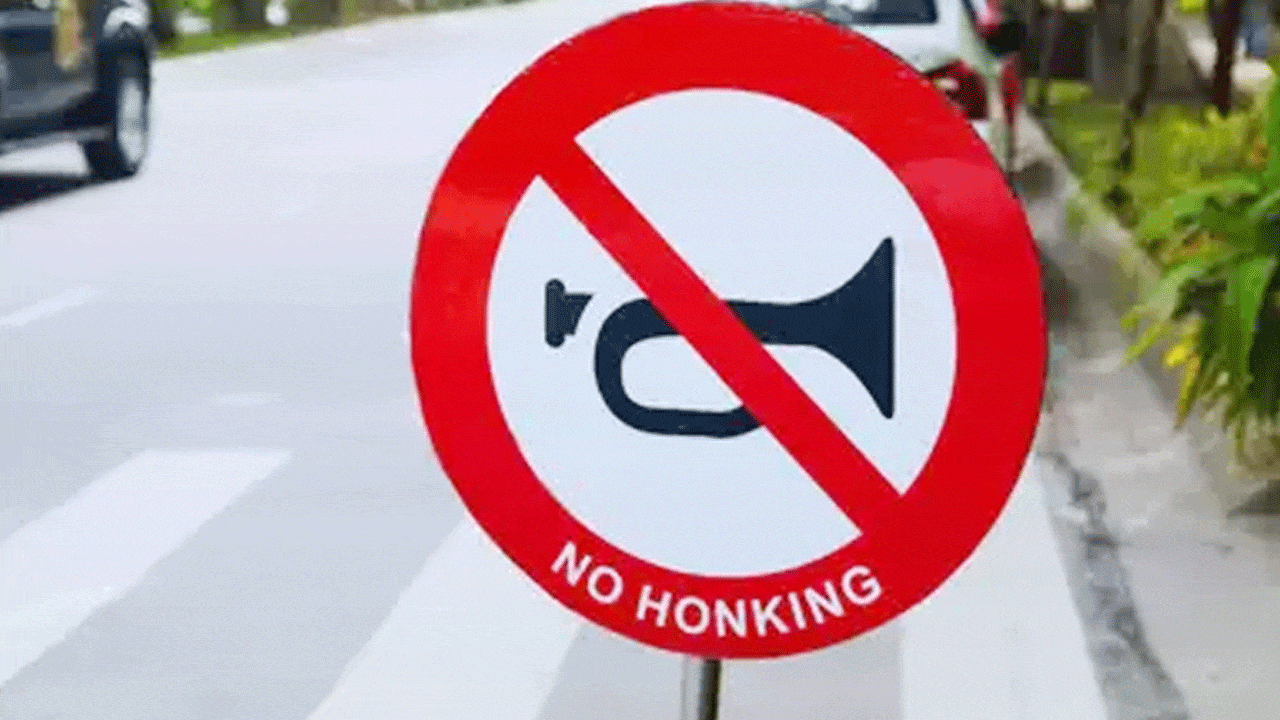Rising Noise Pollution in Hyderabad: How It’s Silently Causing Permanent Hearing Loss
Hyderabad’s rising noise pollution is putting residents at risk of permanent hearing loss. Experts warn that constant exposure to city noise, headphones, and traffic can lead to irreversible damage. Learn how to protect your hearing.

Hyderabad: In the relentless urban sprawl of India’s bustling metropolises, our ears are constantly bombarded by a cacophony of sounds.
From the relentless honking of traffic and high-pitched sirens to the rhythmic pounding of construction sites and the ever-present hum of conversations through earphones, noise pollution has become an inescapable part of modern life.
What many fail to realize, however, is that this constant exposure is making us prime targets for gradual, irreversible hearing loss.
Table of Contents
While awareness about Noise-Induced Hearing Loss (NIHL) remains low, experts warn that this hearing impairment is spreading rapidly, especially among individuals in their 30s and 40s.
According to leading ENT specialists, young professionals living in high-noise cities like Hyderabad, Pune, Mumbai, and Bengaluru are experiencing increased cases of early-onset hearing loss due to prolonged exposure to harmful sound levels.
The Growing Threat of Noise-Induced Hearing Loss
NIHL occurs when prolonged or sudden exposure to loud noise damages the delicate hair cells within the inner ear, leading to permanent hearing impairment. While this condition is entirely preventable, it is becoming increasingly common due to excessive headphone use, exposure to industrial noise, and continuous subjection to loud environments.
Dr. Ashok Prudviraj, a senior ENT surgeon at Medicover Hospitals, shares a concerning case of a 42-year-old Hyderabad-based tech professional who recently experienced severe hearing loss due to everyday habits.
“The patient never imagined that simply navigating city life—long phone calls with earphones, daily exposure to urban noise, and regular weekend bike rides—could gradually erode his hearing. By the time he sought medical attention, the damage was irreversible,” says Dr. Ashok.
Who Is at Risk?
According to recent studies, men in their 30s and 40s are at the highest risk due to occupational exposure and lifestyle choices. However, elderly individuals residing in urban areas also suffer from long-term hearing damage caused by continuous noise pollution.
Unfortunately, many people dismiss early signs of hearing loss as minor inconveniences—until they begin struggling with conversations and withdrawing from social interactions.
How Everyday Noise Harms Your Ears
Hearing loss does not happen overnight. Instead, the damage builds up over time as we expose ourselves to high decibel levels daily. Some of the biggest culprits include:
- Traffic and Vehicle Noise: Honking, sirens, and engine sounds often exceed safe noise levels.
- Construction Work: Drilling, hammering, and heavy machinery produce dangerously loud sound levels.
- Headphone Usage: Prolonged listening at high volumes damages inner ear cells permanently.
- Industrial and Workplace Noise: Factory workers, DJs, construction workers, and call center employees are at higher risk.
- Weekend Recreational Noise: Bike rides, clubbing, and concerts expose people to excessive noise levels.
How to Prevent Noise-Induced Hearing Loss
NIHL is one of the most preventable forms of hearing loss. ENT specialists suggest the following measures to protect your ears from permanent damage:
- Lower Headphone Volume: Keep the volume at 60% or lower and take breaks every hour.
- Use Noise-Canceling Headphones: Instead of increasing volume to drown out background noise, opt for noise-canceling headphones.
- Wear Ear Protection in Loud Environments: Use earplugs or noise-blocking earmuffs in noisy workplaces, concerts, and while riding motorcycles.
- Limit Exposure to Traffic Noise: Avoid high-traffic areas whenever possible and roll up car windows in noisy environments.
- Take Breaks from Noise: Step away from loud environments for at least 5-10 minutes every hour to give your ears a break.
- Schedule Regular Hearing Tests: Early detection can help manage hearing issues before they worsen.
The Urgent Need for Awareness
Despite growing cases of hearing impairment among younger demographics, NIHL continues to be largely overlooked. Many individuals do not seek medical intervention until their hearing has deteriorated significantly.
Experts emphasize the need for public awareness campaigns, stricter noise regulations, and routine hearing check-ups to prevent hearing loss from becoming a widespread crisis.
Final Thoughts
The hustle and bustle of city life may be unavoidable, but the damage to our hearing doesn’t have to be. By making simple lifestyle changes and adopting protective measures, we can safeguard our hearing and ensure long-term auditory health. Don’t wait until it’s too late—start protecting your ears today!
